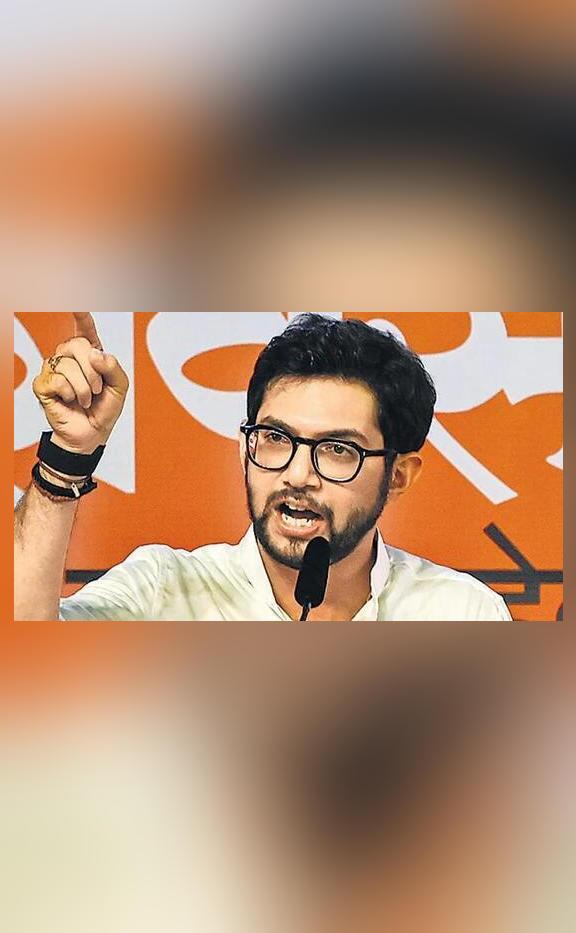
Title: Pahalgam wounds not healed & govt allowed Pak hockey team: Aaditya
The recent decision by the Indian government to grant clearance to the Pakistan hockey team to travel to India for the Men’s Asia Cup has sparked outrage and criticism from many quarters. Among those who have been vocal in their condemnation is Shiv Sena (UBT) leader Aaditya Thackeray. In a tweet, Thackeray expressed his disappointment and surprise at the government’s decision, citing the fact that the wounds of the Pahalgam attack have not yet healed.
For the uninitiated, the Pahalgam attack refers to the brutal terrorism attack that took place in Pahalgam, Kashmir in 2019. The attack, which was carried out by Pakistani terrorists, resulted in the killing of three Indian policemen and left many others injured. The incident sent shockwaves across the country, with many calling for stronger action against terrorism and the perpetrators of such heinous crimes.
Thackeray’s tweet, which has gone viral on social media, reads: “The terrorists of Pahalgam attack haven’t been caught yet…the wounds of that attack haven’t healed. But the Centre has given clearance to Pakistan to play in Hockey Asia Cup 2025 in India.” His words are a stark reminder of the ongoing struggle against terrorism and the need for the government to take firmer action against those who perpetrate such crimes.
The decision to allow the Pakistan hockey team to travel to India for the Men’s Asia Cup has been met with widespread criticism from various quarters. Many have questioned the government’s priorities, pointing out that the wounds of the Pahalgam attack have not yet healed and that the decision sends a wrong message to the perpetrators of terrorism.
The Pakistan hockey team’s participation in the tournament has also been criticized by many, with some arguing that it is a betrayal of the sacrifices made by the Indian security forces who were killed in the Pahalgam attack. Others have pointed out that the decision is a clear indication of the government’s lack of commitment to the fight against terrorism.
Thackeray’s comments have also sparked a debate about the role of sports in international relations. While some argue that sports can be a powerful tool for diplomacy and reconciliation, others argue that it is a mistake to engage with countries that have a history of sponsoring terrorism.
The debate is not new, and it is a complex one that has been playing out in the public sphere for many years. On one hand, sports can bring people together and create a sense of unity and common purpose. On the other hand, the participation of teams from countries that have a history of sponsoring terrorism can be seen as a betrayal of the values of peace and harmony that sports are meant to promote.
In the case of the Pakistan hockey team, the decision to allow them to participate in the Men’s Asia Cup has been met with widespread criticism. Many have pointed out that Pakistan has a history of sponsoring terrorism and that the country’s government has failed to take meaningful action against terrorist organizations operating within its borders.
The decision has also been criticized by many in the Indian military and security establishment, who have argued that it sends a wrong message to the perpetrators of terrorism. They point out that the wounds of the Pahalgam attack have not yet healed and that the decision is a betrayal of the sacrifices made by the Indian security forces who were killed in the attack.
In conclusion, the decision to allow the Pakistan hockey team to participate in the Men’s Asia Cup has sparked a heated debate in India. While some argue that sports can be a powerful tool for diplomacy and reconciliation, others argue that it is a mistake to engage with countries that have a history of sponsoring terrorism. The wounds of the Pahalgam attack have not yet healed, and it is the responsibility of the government to ensure that those responsible are brought to justice.
Sources:






